Brit reviews a new book that collects four decades’ worth of pictures of preachers and hecklers at Speakers’ Corner in London’s Hyde Park…
If you’re on Facebook you’ll have discovered that some of your acquaintances, who seemed sane enough in real life, are actually pretty mad. I refer to a specific form of madness, the conduit for which is the phenomenon of ‘clictivism’ – that is, the aggressive sharing of opinion pieces and online petitions for various political causes originating from radical organisations like ‘38 Degrees’. Nothing wrong with having political causes or campaigning for a thing you believe in, of course. We all have our bugbears. But the madness lies in the cumulative effect: your serious Facebook or Twitter clictivist is at it constantly, a dozen petitions a day or more, on everything from the environmental transgressions of corporations to the ‘bedroom tax’.
Such continual online proselytising reveals a very strange view of the world. For the keen clictivist Britain is not, as most believe, a flawed, occasionally infuriating but ultimately pretty successful country, with laws, freedoms, opportunities, welfare safeguards and institutions sufficiently attractive to people across the world that many will abandon their homelands to come here, sometimes at great personal risk. Instead, it is a grim dystopia: a cruel, corrupted state run by a malevolent mendocracy intent on enriching itself by preying on the weak. The only cure for it is the complete overhaul of its structures and the creation of a new order. A revolution, in other words, if a rather unspecific one.
Looking through Philip Wolmuth’s superb new photographic collection Speakers’ Corner: Debate Democracy and Disturbing the Peace, one can’t help but ponder where the line lies between this commonplace madness, which limits itself to annoying people on social media, and the kind of madness that drives a man (it’s nearly always men) to take a plastic crate down to Hyde Park, stand atop it, and there declaim at length and in depth more or less this exact same message.
There is plenty of common ground between the Facebook bore and the Hyde Park haranguer. An inability to process empirical evidence. A lack of perspective or appreciation of complexity. The cherrypicking of facts that fit the grand theory and discarding of the awkward ones that don’t. The absolute certainty that radicals have both in their own moral rectitude and in the correctness of their big insight, and the accompanying impatience and contempt for the masses who are too slow to see it.
This frightening certainty is written on many of the faces in Speakers’ Corner as they rant and rage and wag their fingers. And yet, what is surprising is that none of this madness necessarily precludes a sense of humour. True, many political radicals are deeply unfunny. Russell Brand, for instance. But the transcriptions accompanying the photos of Hyde Park preachers are frequently witty and impish. Here, for example, is one Jim Huggan in 1981:
People ask me, ‘How do you become an anarchist?’ Well, it’s not easy. You can’t rearrange the whole fabric of western civilisation just like that. For a start, it’s against the law. So you’ll need to practice. To begin with, try breaking a few little laws: ride your bike home at night with no lights on; walk on the grass. Then, as you get more confident, move on to bigger things: commit a public nuisance; disturb the Queen’s peace. Keep practising – and before long, you’ll be robbing banks and overthrowing governments!
This may be because the Hyde Park speaker is often as much a showman as a revolutionary. He goes along to have an argument, to enjoy heckling and being heckled. Speakers’ Corner is not just an outlet for ranters, it’s a public meeting place for those who love a good verbal dust-up. A dismal feature of social media activism is the way it has created polarised echo chambers where the partisan never encounters an opposing view.
Philip Wolmuth is a freelance documentary photographer who has amassed hundreds of black-and-white portraits of Hyde Park speakers and hecklers in mid-debate. This collection spans four decades, from gurning born-again Christian Stuart Wheeler in 1978 (above), to an epic Islam versus Christianity argument in 2014.
Speakers’ Corner is celebrated as an emblem of British traditions of free speech – and rightly so. We need such emblems as much as ever; and we need open, fearless debate as much as ever (it is, ironically, the radical left that’s currently most keen on shutting others’ mouths, with its demands for outlawing ever more infinitesimal forms of ‘hate speech’, its identity politics and campus ‘safe spaces’. As Nick Cohen says, why bother going through the effort of trying to win a debate by argument when you might so much more quickly silence your opponent with legislation?).
But that celebration shouldn’t blind us to the egregiousness of the views of most of Hyde Park’s regular speakers, which are far nastier than anything you’ll typically see on Facebook. The recurring themes are tedious and ugly: conspiracy theories, religious fundamentalism, racial or sectarian hatred. Some of the anti-Semitic ranting transcribed in the book is plain disgusting, so beware of sentimentalising Speaker’s Corner. In recent years, it seems, the Communists, the eccentrics and the more whimsical speakers have declined in number while the proportion of religious fundamentalists has risen. But at least in Hyde Park these morons are out in the open. Better to have them ranting and raving in a designated national nutters’ enclosure than spreading their poison in the faceless chambers of the dark web.
Speakers’ Corner: Debate Democracy and Disturbing the Peace by Philip Wolmuth is published in paperback by The History Press (RRP £14.99).

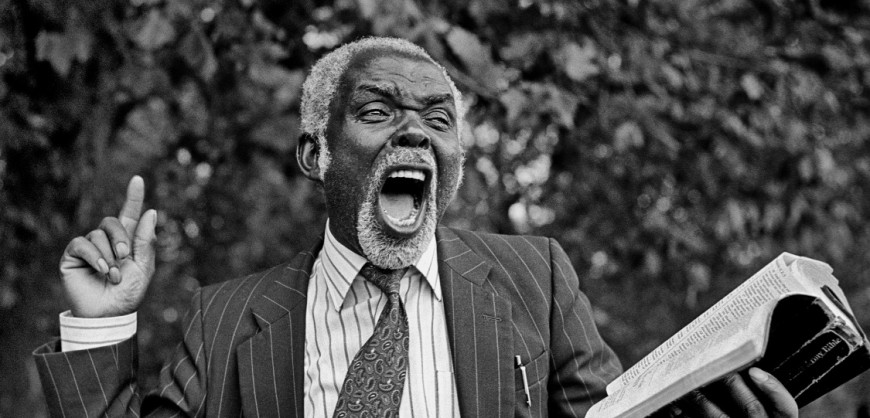
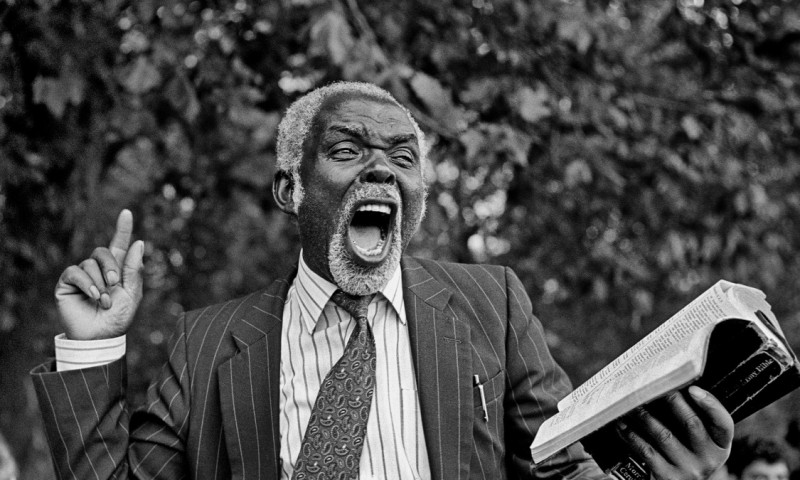
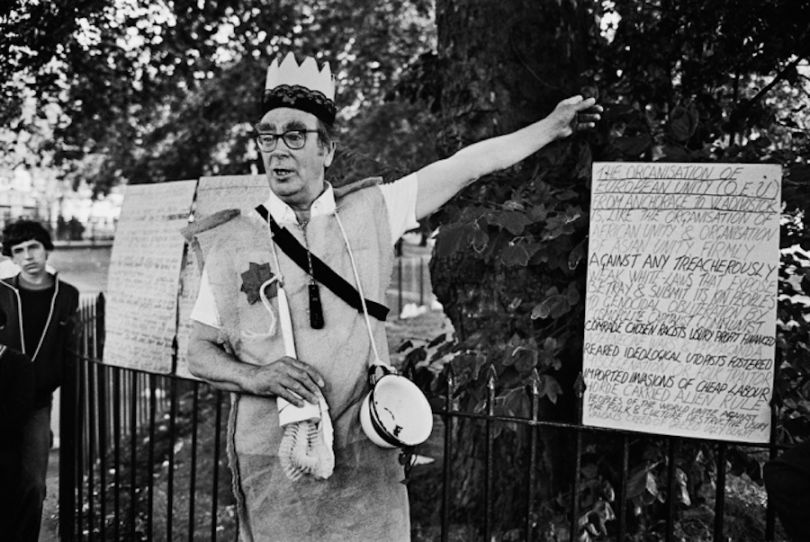
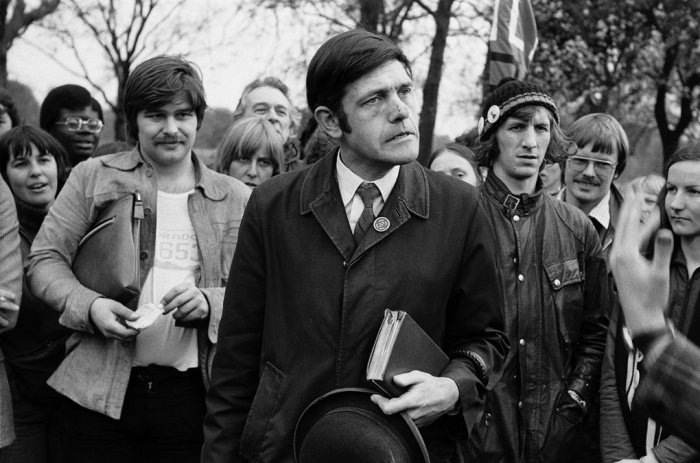
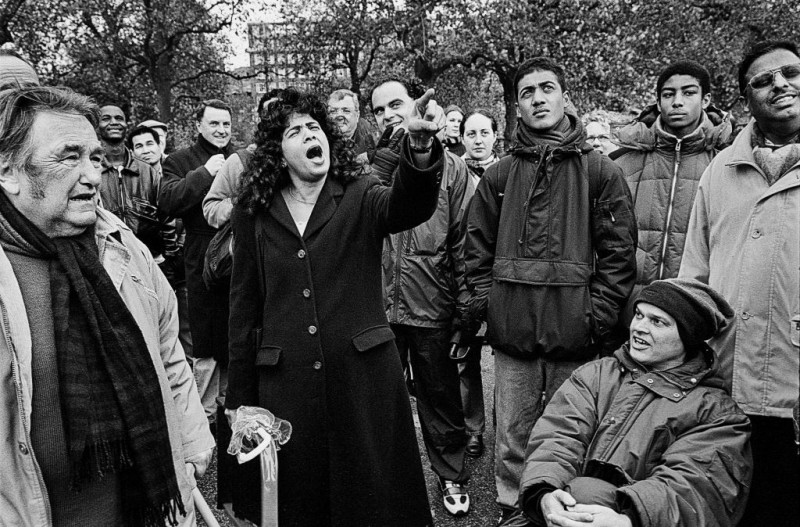
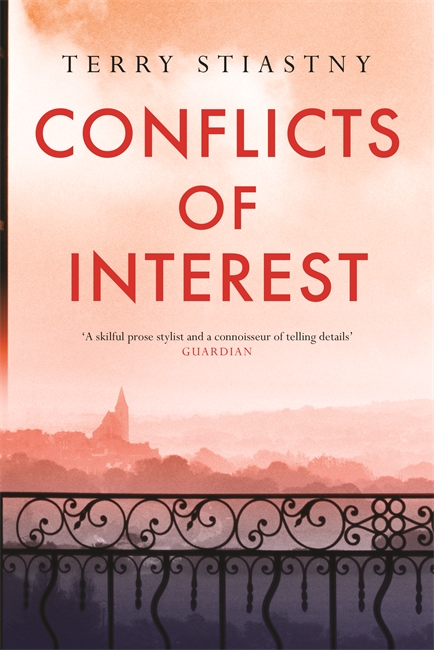
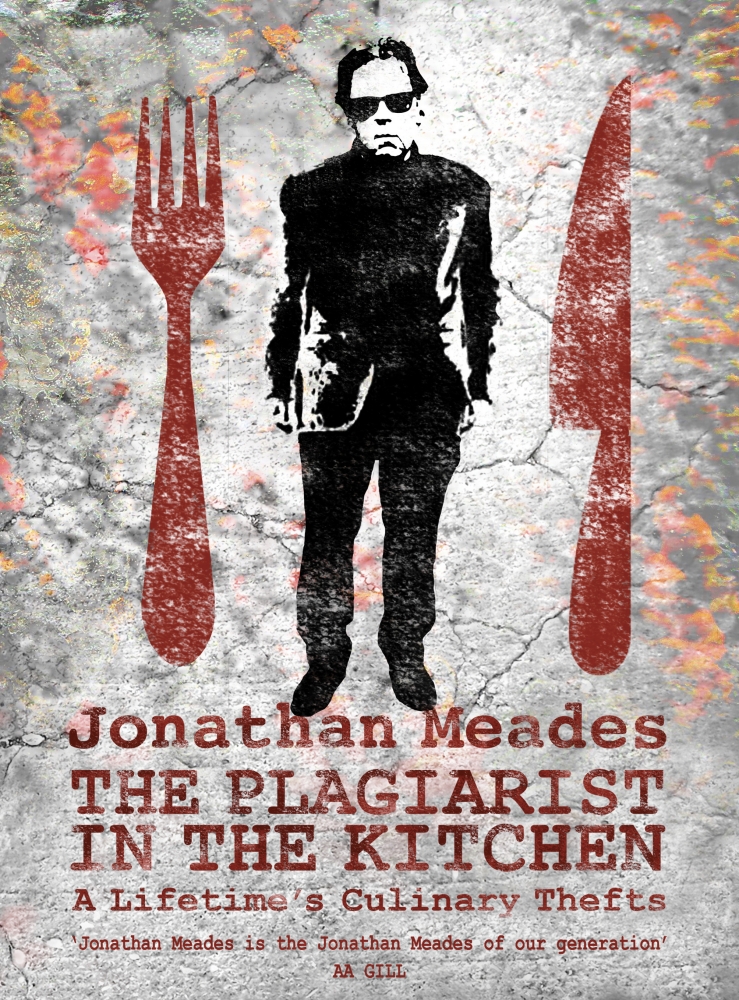
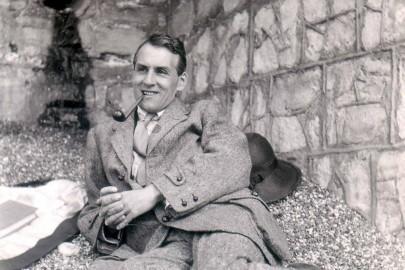







Don’t know about facebook, it and I are total strangers, HPC however, is a gripe of a different colour. Schizophrenia, that’s at the heart of the matter. Worked for a man, let’s call him Maurice, in the late sixties…early seventies, ex rampant communist, then a rampant capitalist, during the transition period he trundled the audio gear down from darkest Hertfordshire to the smoke, in the firm’s Anglia van, in his own time, naturally. Having used HPC in the mid sixties as free, sometimes hilarious weekend amusement I thought that I would revisit and listen to Maurice and co in full fludde. Same shit, different faces, the sort of bombastic wail of entitlement heard today, mostly in Scots accents.
Some years later, having slung the hook to set up in competition and, returning from gardening leave for a final showdown I inquired whether, whilst during that transition period and stood in a dodgy mac on a rain soaked tea-chest, speaking into a dead mic, his thought processes ran in parallel or in series. His reply is not repeatable here.
Nice one Malty.
It’s telling that your Speaker’s Corner debate is rarely about specific current affairs – it’s mostly the same broad brush stuff about big conspiracies or religion that you could hear in any decade.
I have book envy – this sounds like such an interesting read! I must get hold of a copy post haste
It’s pretty good value at £15.
Wilfrid Sheed’s Frank and Masie: A Memoir with Parents leads off
‘They were very hard parents to explain. To take just one thing, whenever they were in England, Frank Sheed and Masie Ward trudged off every single Sunday afternoon–my father moaning to beat the band and praying for rain–to preach the Faith from soapboxes, and not just in glamor spots like Hyde Park, but in backwaters like Clapham and Pimlico and other places that properly belong in English comic monologues. . . . But on the way home, they might well complain about the blandness of the meeting: “If only a good drunk had come along,” my father would sigh–surely as strange a wish as for rain on Sunday.’
Frank Ward was badly injured falling from a platform at Hyde Park on a windy day in 1956; he was in a coma for some days, but recovered and survived another quarter of a century.
There is no such tradition of public argument I can think of in the US. There are many protests and demonstrations of varying sizes in Washington, DC, but few individual speakers. Now and then a street preacher with a megaphone will stand in Farragut Square; Jehovah’s Witness stand mostly silently with their literature displayed; Falun Gong members do the same. Lyndon Larouche’s adherents used to make themselves heard, but seem to have lost energy lately.
(And shouldn’t clictivism be done in a click language?)
Great stuff, George.
You do have to wonder whether it ever occurs to these speakers that by going along to preach at Hyde Park they are by definition lowering themselves to the level of all the other nuts. Presumably each individual speaker believes himself the only sane one there.
When I was an editor on the Macmillan Encyclopedia, back in the 1990s, we used to get regular letters from cranks, nutjobs, and conspiracy theorists of every stripe – all of them demanding that we “correct” some article or other to accommodate their interesting insights. I suppose they felt that if they could get their stuff into the hallowed pages of an established reference book, they were on the way to convincing the rest of the world. There were the Scientologists and the political axe-grinders, of course, but also one-off weirdos, such as a guy named Laird Pope de Locksley, who claimed to be a direct descendant of Robin Hood, and another who wanted me to join him in an expedition to dig up the Lost Legions from a peat bog in Cheshire. In many cases the barminess was evident from the first few sentences – screaming caps, multiple exclamation marks, and mysterious hints about the dark forces who were desperately trying to keep these truths from coming to light. In others, it only emerged slowly, over the course of what could initially pass for some sort of rational argument. I particularly remember one very persistent correspondent whose tortuous attempts to show that Shah Jahan could not possibly have built the Taj Mahal came down, in the end, to a simple assertion that “as we know, no Muslim could build a brick shithouse”. There was also a long, apparently very learned letter on the human cranium which only really got down to business, circa p.6, with the statement “of course, the Semitic skull differs from the human skull in several important respects …”
My boss at the time insisted, I suppose rightly, that all correspondents got a courteous and reasoned reply, usually ending “We therefore see no need to alter the article at this time”. In those pre-Internet days, however, checking out the assertions of evident or not-so-evident nutters could be a hellishly time-consuming business. On one occasion I remember comparing notes with my brother, who had a job answering letters to the chairman of British Gas, and a friend who did a similar thing at Tory Central Office; gradually we realized that the three of us were spending a good portion of our working lives answering missives from the same five or six loonies. The Tory guy was additionally plagued by members of the public writing in with their own modest policy proposals, e.g. that the methadone given to heroin addicts might be laced with something “to put them out of their misery” – or in one case repeatedly requesting a signed photo of Sir Oswald Moseley (“I know you must have one somewhere”). For his part, my brother got long scribbled letters alerting British Gas to a world conspiracy involving Esther Rantzen, Yehudi Menuhin, and a certain PC Hole, who had once struck the writer “with a furled umbrella”.
Some time around 2001 or so the letters to our office just stopped – all of them, almost at once. I imagine their authors had suddenly discovered the Internet, and are all now busy rewriting Wikipedia. Miss them, in a way …
…talking of these misguided fellows, Brit had a amazing one on his blog called Poddington, he’s probably still on there talking to himself…
Ah… Poddington. For a long while a post I wrote on Think of England was top of google for ‘why the scottish hate the english’ (it’s not anymore, since the referendum campaign there have been loads of newer articles on the theme, I see) and it attracted all manner of nuts, but Poddington took the cake. He conducted a very long argument with himself. .
Brilliant stuff there, JL. I love the idea that six or seven loons are responsible for 80% of the entire country’s green ink letters.